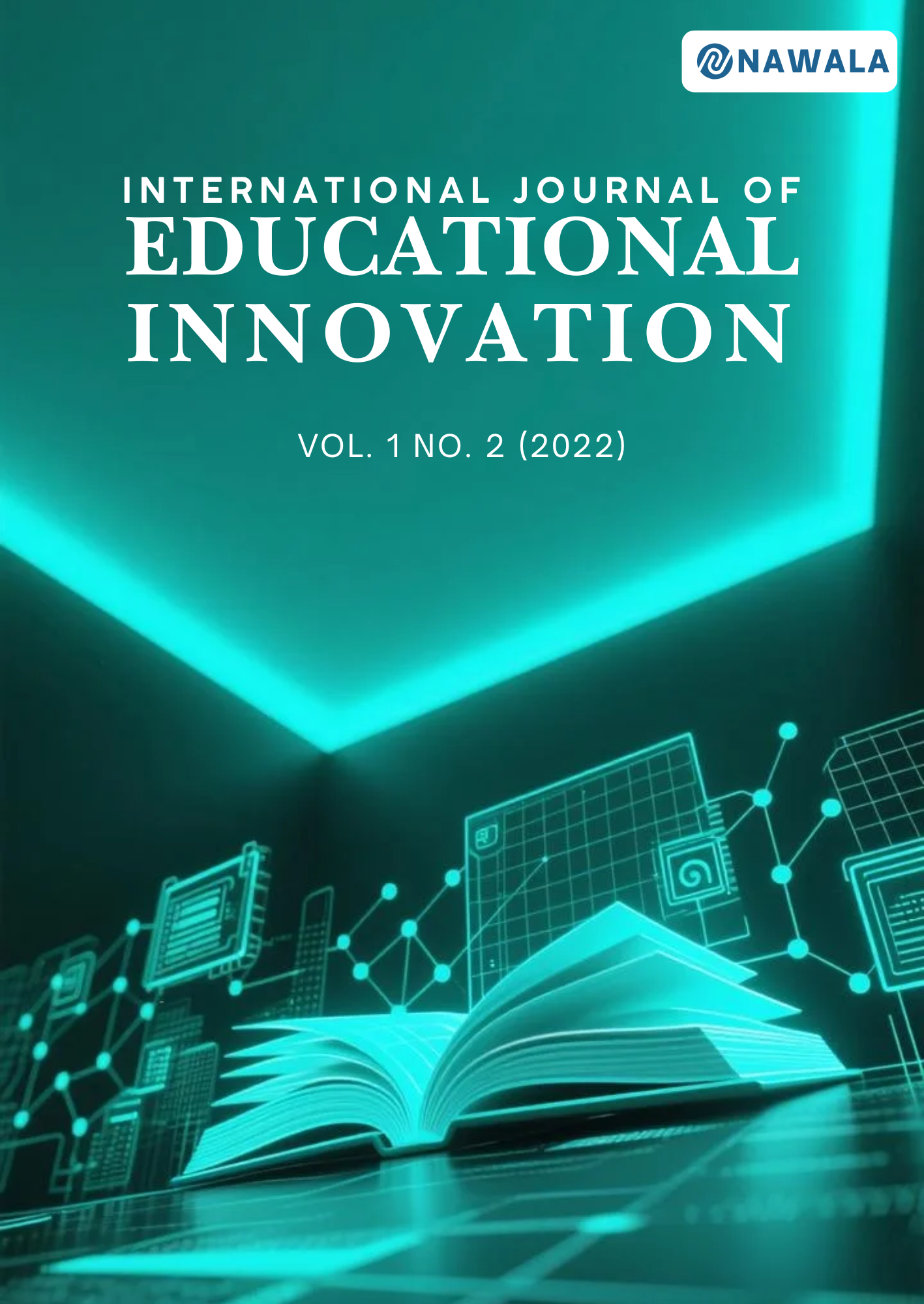Pedagogical Innovation and Interactive Media in Promoting Student Autonomy at the Junior High School Level
Keywords:
Educational Technology, Interactive Media, Junior High School, Learning Independence, Pedagogical InnovationAbstract
This research explored how innovative learning design and interactive media enhance junior high school students’ learning independence. A review of twenty scholarly articles from Google Scholar highlighted essential insights. Findings indicate that pedagogical models such as Project-Based Learning, flipped classrooms, and inquiry-based learning effectively foster students’ active involvement and responsibility for their own progress. These strategies move education from a teacher-centered framework toward a student-centered orientation, motivating learners to manage their academic growth. In addition, interactive media like educational videos, digital simulations, and online quizzes enrich the learning process. Such tools deliver immediate feedback and enable personalized learning, supporting students to progress at their own pace in ways that fit their preferences. The integration of innovative design and interactive media establishes a learning environment that promotes autonomy, reflection, and metacognitive development. For this approach to succeed equitably, strong policy backing and substantial investment in teacher professional development are essential to ensure effective, inclusive implementation.





